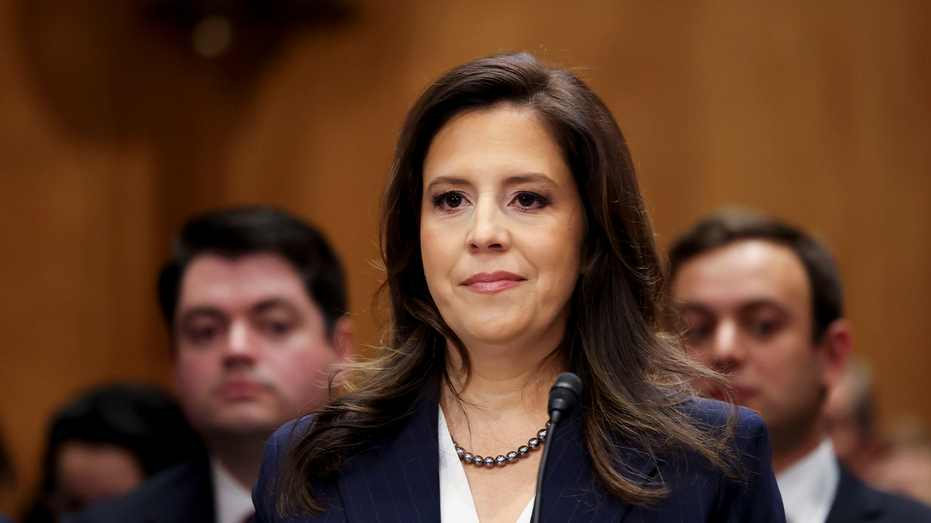After a grueling 41 days, the Senate finally broke the deadlock late Monday night, charting a course to reopen the government later this week. The breakthrough came not through unified agreement, but through a surprising shift within the Democratic caucus, as eight senators defied their leadership and sided with Republicans.
The path forward involves a bipartisan funding package, a combination of an updated continuing resolution and a collection of spending bills. This compromise, forged in the depths of a prolonged stalemate, now heads to the House of Representatives for consideration. For days, the possibility of a resolution hung precariously in the balance, threatened by potential objections and procedural delays.
The core of the dispute centered on expiring Affordable Care Act subsidies. Senate Democrats, led by Chuck Schumer, insisted on a firm commitment to address these subsidies before voting to reopen the government. However, that specific deal remained elusive, prompting a difficult decision for a faction within the party.
Instead, eight Democratic senators accepted an offer from Senate Majority Leader John Thune: a guaranteed vote on legislation addressing the subsidies, scheduled for no later than the second week of December. This promise, while not the immediate resolution Democrats initially sought, proved enough to overcome the impasse. The senators prioritized action over prolonged negotiation.
The compromise wasn’t solely a victory for Republicans. Included in the agreement was a reversal of the previous administration’s policy of firing furloughed federal workers. Crucially, the deal also guarantees back pay for those affected and establishes future protections for federal employees during government shutdowns.
Senator Jeanne Shaheen, one of the eight Democrats who crossed the aisle, explained the difficult calculation: “This was our best chance to reopen the government and immediately begin negotiations” on the vital healthcare subsidies relied upon by millions of Americans. It was a pragmatic choice in a seemingly intractable situation.
For Senator Tim Kaine, the deciding factor wasn’t the vote on subsidies, but the pledge to protect federal employees. He argued that further delay would inflict more hardship on those already impacted by the shutdown. “If you wait another week…they’re going to get hurt more,” he stated, emphasizing the urgency of providing relief.
On the House side, Speaker Mike Johnson signaled a swift response. He announced plans to bring the House back into session “immediately” upon Senate passage, anticipating a vote as early as Wednesday. The House Rules Committee is preparing to expedite the process, though a fast-track approach appears unlikely given Democratic opposition.
While procedural hurdles remain, the atmosphere has shifted. The agreement represents a fragile but significant step towards restoring normal government operations and addressing the looming concerns surrounding healthcare affordability. The focus now turns to the House, where the fate of the compromise hangs in the balance.






